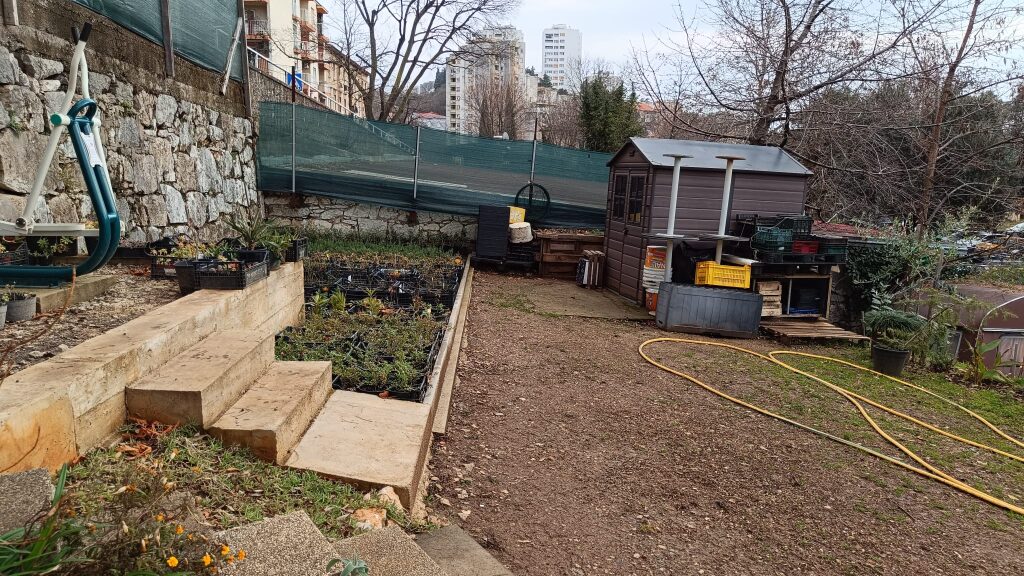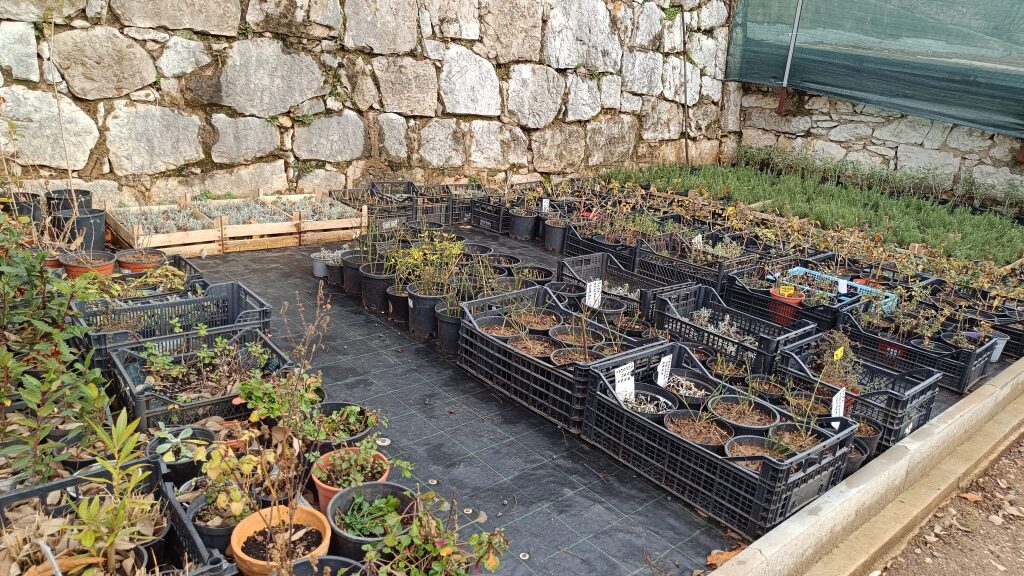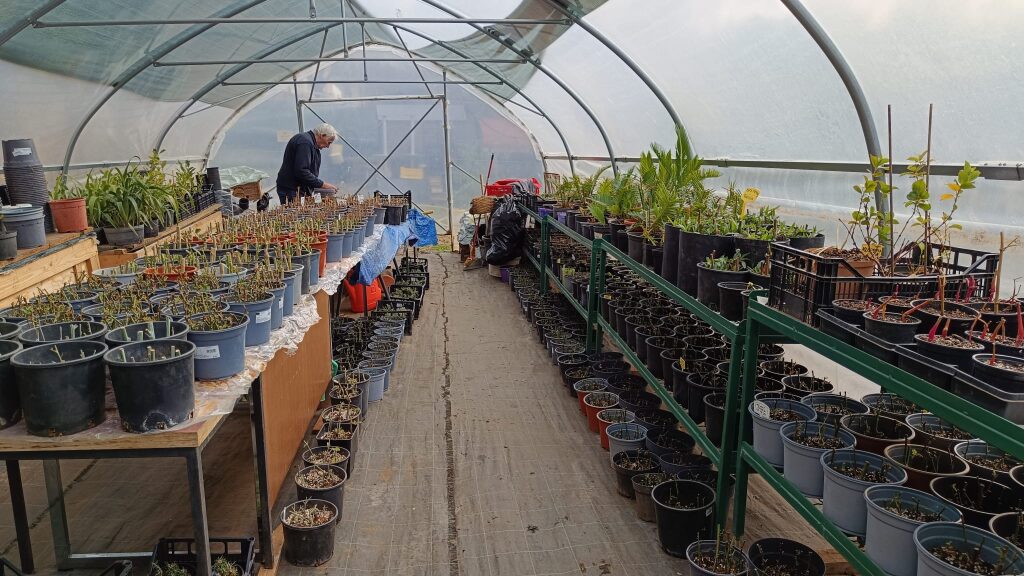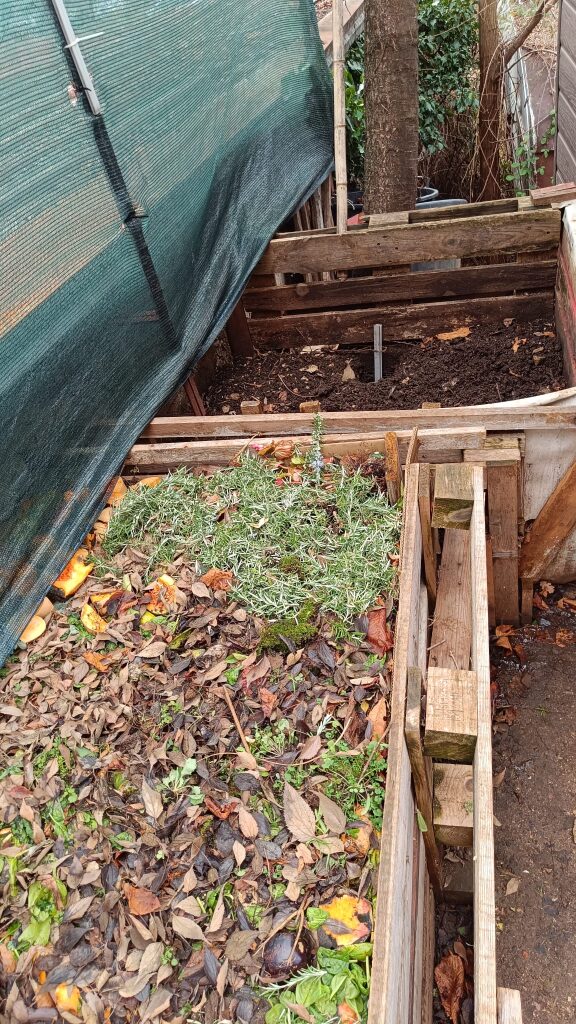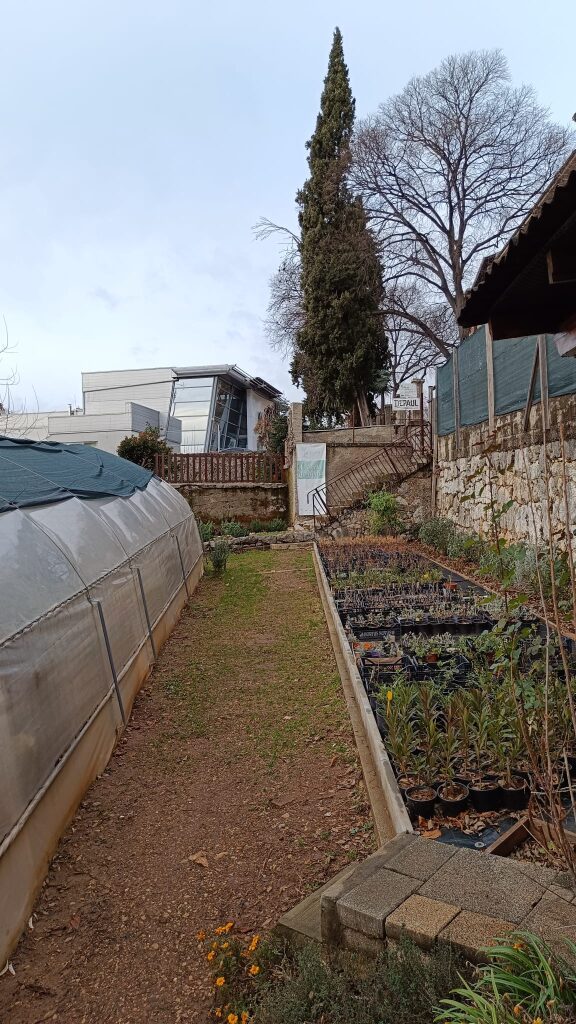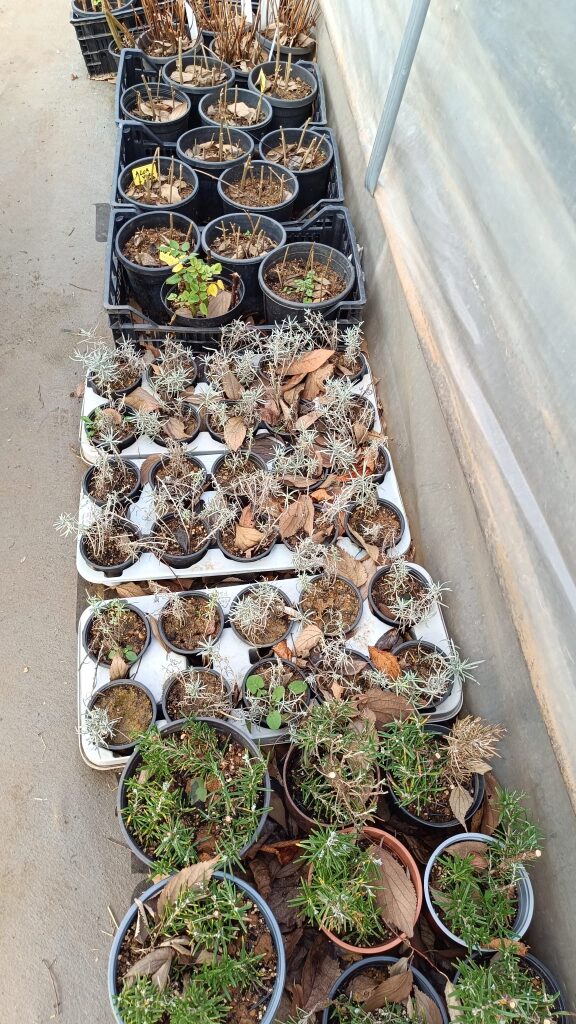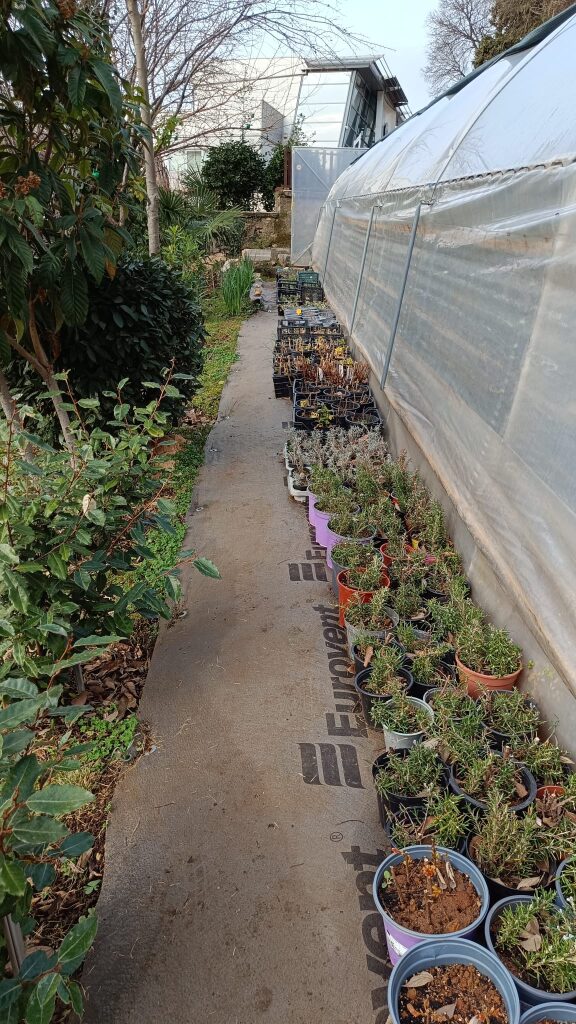“Nature forces trees to put down deep roots before bearing fruit, and even that happens gradually.” St. Vincent de Paul
Dear friends and dear supporters of Depaul,
today we want to bring you an unusual story in which little David develops a friendship with the mighty Goliath for (surprisingly) mutual good. At least this is how we are experiencing our first ever cooperation with a company that for many years has had a dominant role in the oil business in Croatia and is continuously at the very top of the list of domestic shareholder companies by market capitalization by including Depaul in its 11th “Green Belt” program, became an important member of our imperfect, but warm and caring Deapul family. Thus, INA became the crucial fuel for many seemingly small, but vitally important changes in our Rijeka community of homeless people and people at risk of homelessness. Each of our users, thanks to the support of INA, had the opportunity to learn the skills of planting and growing indigenous aromatic plants such as sage, immortelle, lavender, laurel, pomegranate, rosemary, myrtle, hemp, tamarisk and mulberry. We also implement this preservation of local biodiversity in Lika, which we are trying to revitalize, as well as the heart of the city on Rječina, which each of you (at least on your balcony or window pane) can additionally green.
Our two Homeless Gardens are also two eco areas within which we exclusively use earthworms, liquid ecological fertilizer and bioenzymes. As part of the “Recycle, reactivate and rehabilitate” project, and with the support of INA’s “Green Belt”, they are produced by our users led by expert educators and supported by Depaul volunteers. By recycling the kitchen waste of the Haven House, we reduce the need for garbage disposal, achieve sustainable development without polluting nature with pesticides and artificial fertilizers, save resources and increase opportunities for work activation for all the marginalized.
Finally, INA made it possible for us to distribute and present everything produced in parishes and local fairs. With this, this ambitious story has come full circle from seed to table, from trash to food for the soil and plants, from an abandoned rural to a crowded urban environment, from a homeless person to a socially responsible and useful member of the community. By bringing this project to its end, we recall the conclusion of our patron Saint Vincent de Paul that help to the poor must be permanent and organized, not one-off. Only in this way can we try to respond to the needs of the most vulnerable among us. Therefore, we hope and pray for the continuation of this unusual and powerful friendship that bridges people from diametrically opposite poles of the social scale, encouraging them to jointly create a greener, cleaner, more humane, more Spirit-filled and networked world.
